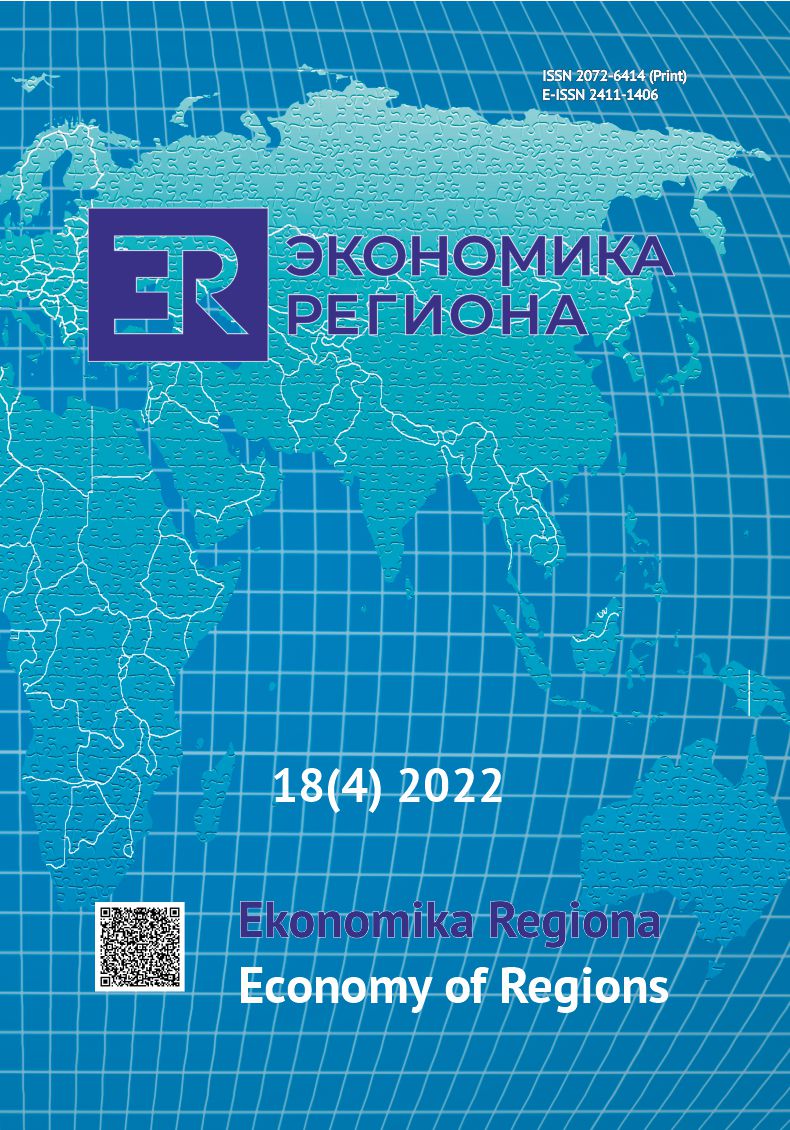Университетский и региональный ландшафт российской аспирантуры, финансовые траектории обучающихся
University and Regional Landscape of Doctoral Studies in Russia: Financial Trajectories of Graduate Students
Author(s): Viktor Anatolyevich Koksharov, Gavriil Aleksandrovich Agarkov, Anastasia D. MelnikSubject(s): Economy, Higher Education , Methodology and research technology, Human Resources in Economy
Published by: Институт экономики Уральского отделения Российской академии наук
Keywords: doctoral studies; human resources; financial resources; financial trajectories; well-being of graduate students; research universities; regional human capital;
Summary/Abstract: Training of a new generation of graduate students plays a key role in ensuring a country’s sustainable socio-economic development and active enhancement of human capital by continuous reproduction of cutting-edge knowledge in the form of research and development (R&D) for industry. In this context, it becomes important to examine the development dynamics of doctoral studies in Russian regions, as well as the graduate students’ financial well-being affecting their educational mobility and general opportunities to receive education (in particular, necessity of employment). The development of doctoral studies is analysed taking into account the distribution of resources (financial, intellectual) by regions and universities. The study also considers the concentration of resources in Russian universities capable of generating breakthrough ideas and technologies, which can be seen as centres of attraction for proactive youth. The methods of secondary data analysis, comparison, classification, and infographics were applied to process information. Such data as the monitoring of the effectiveness of Russian universities in 2014-2020 and sociological surveys of graduate students of a leading Russian university for 2017-2020 were analysed. As a result, the study presents a map showing the concentration of graduate students in certain regions, which takes into consideration their number, inflow and outflow. In addition to the capital regions (their share is 47.9 %), the Republic of Tatarstan (3.2 %), Tomsk oblast (2.4 %) and Sverdlovsk oblast (2.1 %), where leading Russian universities are located, were revealed to be the centres for attraction of graduate students. The top 7 regions also include Belgorod (the share of graduate students is 2.7 %) and Rostov oblasts (2.4 %) characterised by the presence of strong research and federal universities. However, due to the lack of funding (85 % of graduate students have to combine work and studies), the outflow to foreign universities is increasing even in the regions that attract a large number of scholars. The obtained findings can be used to improve the mechanisms for supporting graduate students in order to contribute to sustainable development of regions.
Journal: Экономика региона
- Issue Year: 18/2022
- Issue No: 4
- Page Range: 1089-1104
- Page Count: 16
- Language: Russian

